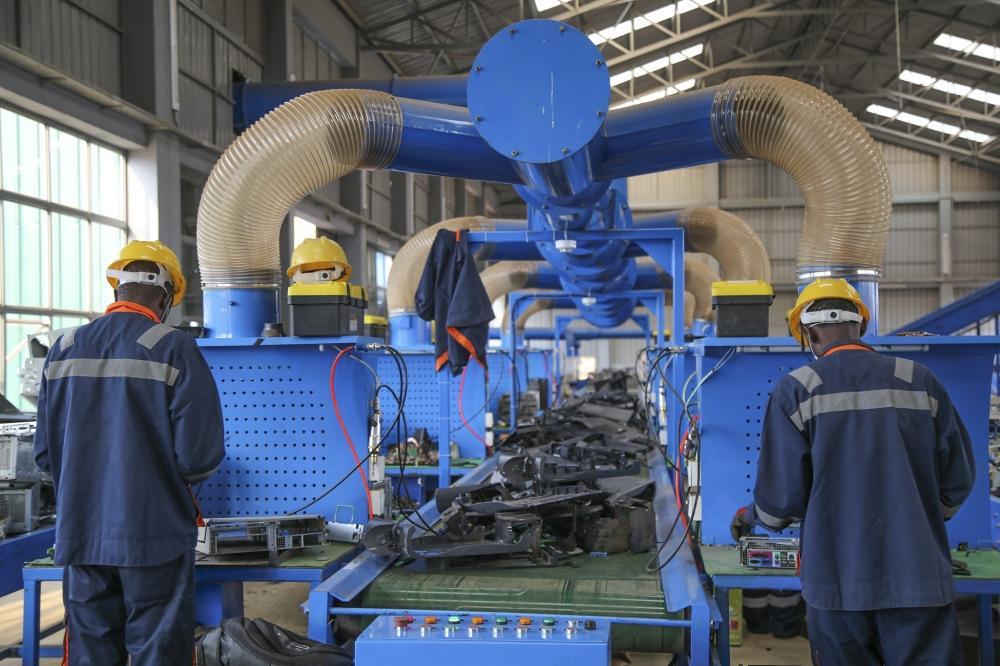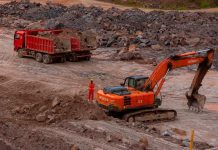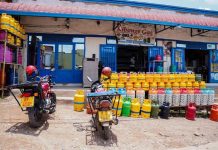Africa-Press – Rwanda. The government has set aside Rwf3.9 billion for the management of hazardous waste, which includes any type of waste that poses a significant risk to human health or the environment due to its toxic, reactive, corrosive, flammable, or infectious nature.
Common types of hazardous waste include chemical waste, medical waste, electronic waste, industrial waste, radioactive waste among others.
Hazardous waste must be handled, stored, and disposed of with special care to avoid pollution, injury, or long-term environmental damage.
The budget proposal to address hazardous waste in the 2025-2026 fiscal year was presented to members of Parliament on May 12 as Minister of Environment Valentine Uwamariya and Juliet Kabera, Director General of Rwanda Environment Management Authority (REMA) presented projects.
The Decoupling Hazardous Waste Generation from Economic Growth in Rwanda project seeks to separate dangerous waste materials from general waste in order to reduce harm to people and the environment.
The project, which runs until 2027, will need Rwf6.9 billion in finance.
The project promotes the principles of reuse, reduce, recycle, and recovery to minimize hazardous waste generation across priority industries and economic sectors, while at the same time enhancing private sector led national waste treatment capacity to ensure the sound management of wastes.
Efforts are underway to bolster Rwanda’s capacity to handle hazardous waste through improved infrastructure and systems, the officials said.
The project is a collaborative effort involving the United Nations Development Programme (UNDP), REMA, and the Global Environment Facility.
According to REMA, the project will prevent chemicals containing persistent organic pollutants (POPs) and mercury from entering Rwanda.
It will also minimize the generation, release, and emission of hazardous waste, as well as enhance the management and disposal of existing and yet-to-exist harmful chemicals, and products in Rwanda.
Kabera said that the investment will help to establish hazardous waste treatment facilities including interim storage, and identify types, volumes, and locations of chemical, toxic, and hazardous waste generation and key sectors such as industries, healthcare, pharmacies, and agriculture, among others.
Rwanda is counting storage of around 122 metric tonnes of PCB oil to be managed and treated within five years.
PCBs are chemical pollutants found in electrical transformers that harm human and environmental health.
The country is also counting the storage of around three metric tonnes of POPs pesticides, and 44 metric tonnes of non-POP pesticides.
Over 35,000 metric tonnes of PBDE-containing waste, 250 metric tonnes of PCB –contaminated soil, and 40 metric tonnes of mercury-containing waste will also be treated.
Polybrominated diphenyl ethers (PBDEs) belong to a class of chemicals that are added to certain manufactured products in order to reduce the chances that the products will catch on fire while mercury is a naturally occurring element that is found in air, water and soil.
For More News And Analysis About Rwanda Follow Africa-Press






